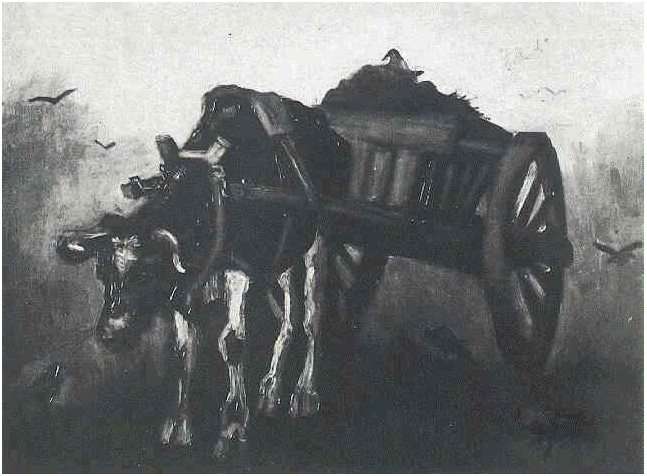No wife, kids, home;
No money sense. Unemployable.
Friends, yes. But the wrong sort –
The workshy, women, wogs,
Petty infringers of the law, persons
With notifiable diseases,
Poll tax collectors, tarts;
The bottom rung.
His end?
I think we'll make it
Public, prolonged, painful.
Right, said the baby. That was roughly
What we had in mind.
http://www.telegraph.co.uk/culture/3813257/Christmas-Poems-by-UA-Fanthorpe.html
http://www.telegraph.co.uk/news/obituaries/culture-obituaries/books-obituaries/5252820/UA-Fanthorpe.html
http://www.independent.co.uk/news/obituaries/u-a-fanthorpe-poet-who-championed-the-underdog-and-whose-work-was-rooted-in-english-history-1677685.html
http://www.theguardian.com/books/2009/may/02/obituary-u-a-ua-fanthorpe
http://www.telegraph.co.uk/culture/3813257/Christmas-Poems-by-UA-Fanthorpe.html
http://www.telegraph.co.uk/news/obituaries/culture-obituaries/books-obituaries/5252820/UA-Fanthorpe.html
http://www.independent.co.uk/news/obituaries/u-a-fanthorpe-poet-who-championed-the-underdog-and-whose-work-was-rooted-in-english-history-1677685.html
http://www.theguardian.com/books/2009/may/02/obituary-u-a-ua-fanthorpe
